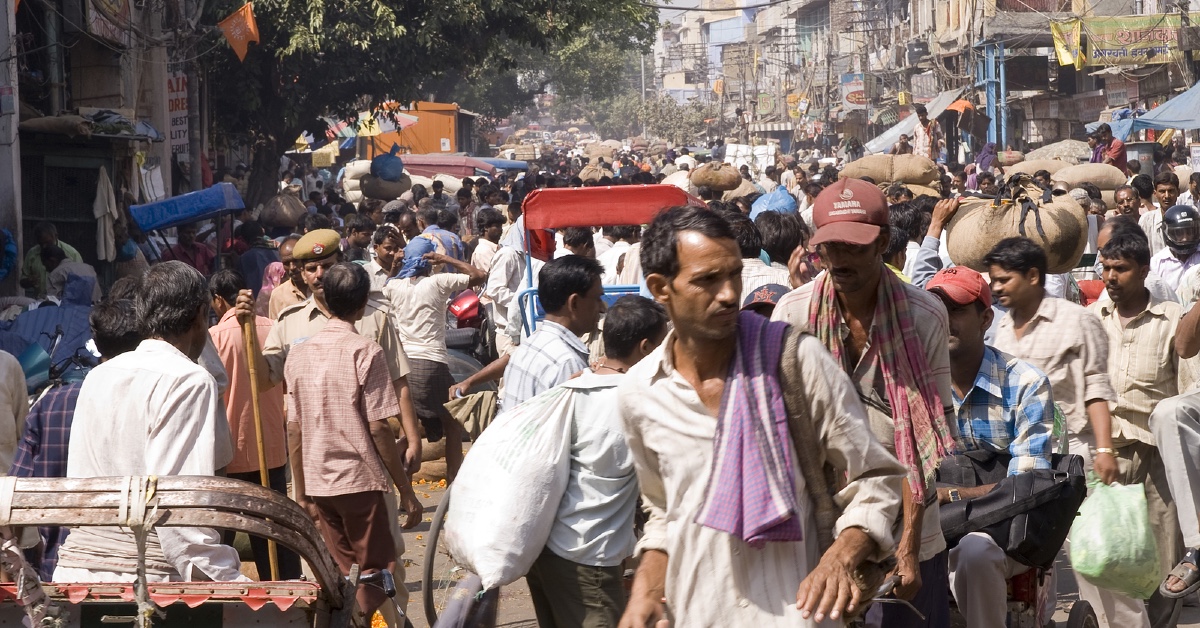Faith, Numbers, and Tension: India's Religious Demographic Powder Keg

In the complex tapestry of Indian national identity, a compelling trend emerges: a significant majority of Indians deeply intertwine their national and religious identities. At the heart of this perspective lies a profound belief that Hinduism is fundamentally synonymous with Indian nationality, casting Hindus as the quintessential embodiment of what it means to be truly Indian.
This nuanced perspective reveals a deep-rooted sentiment that extends beyond mere cultural affiliation, suggesting a powerful narrative where religious and national identities are not just connected, but virtually inseparable. The perception that Hindu identity represents the most authentic expression of Indian nationhood reflects a complex interplay of historical, cultural, and social dynamics that continue to shape the country's understanding of itself.
Such a viewpoint underscores the intricate ways in which religious and national identities intersect, challenging simplistic notions of citizenship and belonging in one of the world's most diverse democracies.

